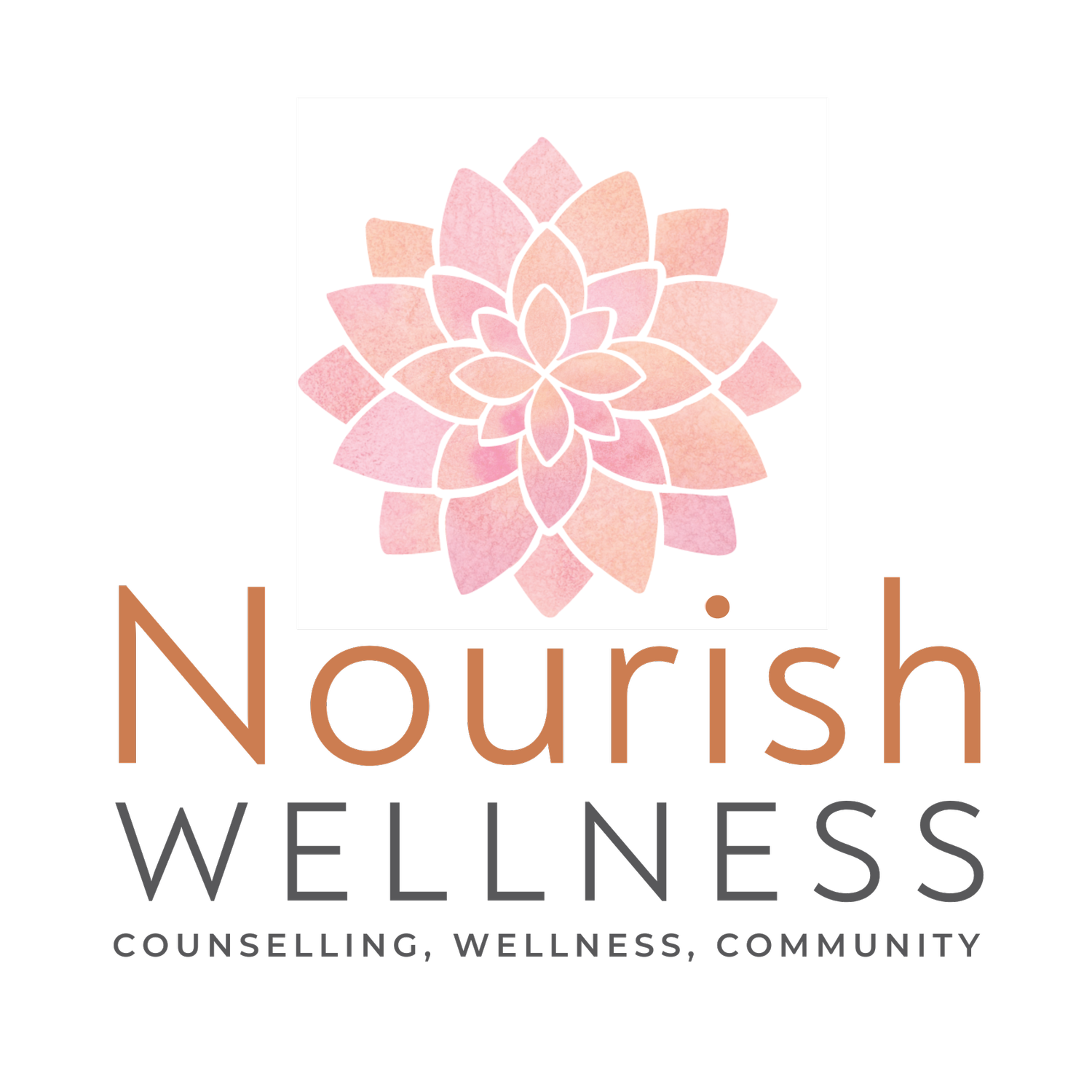5 Therapist-Approved Ways to Beat the Winter Blues
When the days get shorter and the skies turn grey, it’s not unusual to feel a little off. Whether you’re feeling tired earlier in the day, less motivated, or more emotional than usual, these seasonal shifts can affect your energy, focus, and mood.
The good news? There are practical, therapist-recommended tools to help you feel better. In this post, Riley Brown, Registered Professional Counsellor (Candidate) and member of the Nourish Wellness team in Comox, shares 5 small but powerful ways to support your mental health through the darker winter months.
1. Connect With Your Why
Instead of forcing yourself into endless productivity, take a moment to ask yourself:
What do I truly value right now?
Why do I want to do this activity?
Whether it’s reading, going for a walk, or calling a friend, choosing habits that align with your core values creates more meaning — and more motivation. When your actions support what matters most to you, you’ll feel more grounded, even when energy is low.
✨ Therapist tip: Values-based living often leads to deeper resilience, even in tough seasons.
2. Move Your Body — Even Just a Little
You don’t need to hit the gym for an hour to feel the benefits of movement. Even 5–10 minutes of intentional movement can release feel-good chemicals in the brain and improve your mood.
Try:
Stretching while your tea steeps
Dancing in your kitchen
A gentle yoga or mobility flow
A brisk walk between meetings
When in doubt, just move. Your brain (and body) will thank you.
3. Try a Light Therapy Lamp
Struggling with low mood or low energy in winter? Consider using a light therapy lamp, also known as a SAD lamp.
Research shows that sitting in front of a 10,000-lux light box for 15–30 minutes a day — ideally in the morning — can boost serotonin levels and help regulate your sleep-wake cycle.
🔆 These lamps mimic natural sunlight and can be especially helpful for those experiencing Seasonal Affective Disorder (SAD).
Before starting any new wellness routine, consult with a health professional — especially if you’re managing mental health concerns.
4. Choose Low-Effort, High-Reward Activities
When it’s cold and dark outside, motivation often drops — and that’s normal. Instead of pushing yourself to do something complex, try choosing low-effort, high-reward activities that feel comforting and achievable.
Examples:
Journaling with a cozy blanket
Rewatching a favourite movie
Starting a simple creative project
Reading a short article instead of a book
These small moments can give you dopamine without adding stress.
5. Give Yourself Permission to Slow Down
It’s easy to internalize the pressure to “keep up” — with productivity, social obligations, or even your own routines. But winter is a season of rest, and your body often knows that before your mind does.
This winter, give yourself permission to:
Say no to things that drain you
Take longer to respond
Prioritize stillness and silence
Get extra rest without guilt
🌿 Therapy often reminds us that healing happens in the quiet, slower moments.
You’re Not Alone — Support is Here
If you’re finding this winter especially difficult, know that you don’t have to navigate it alone. The counselling team at Nourish Wellness offers compassionate, client-centered support tailored to your needs. Whether you’re struggling with low mood, burnout, or just want someone to talk to, we’re here to help.



